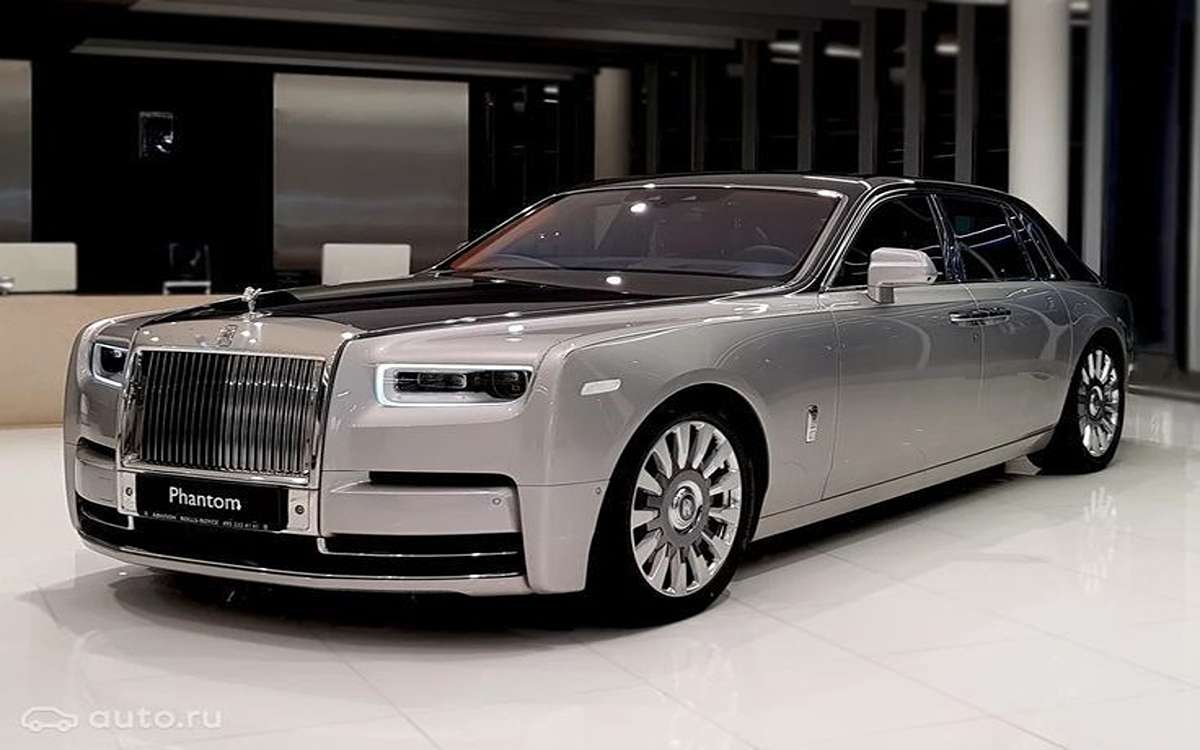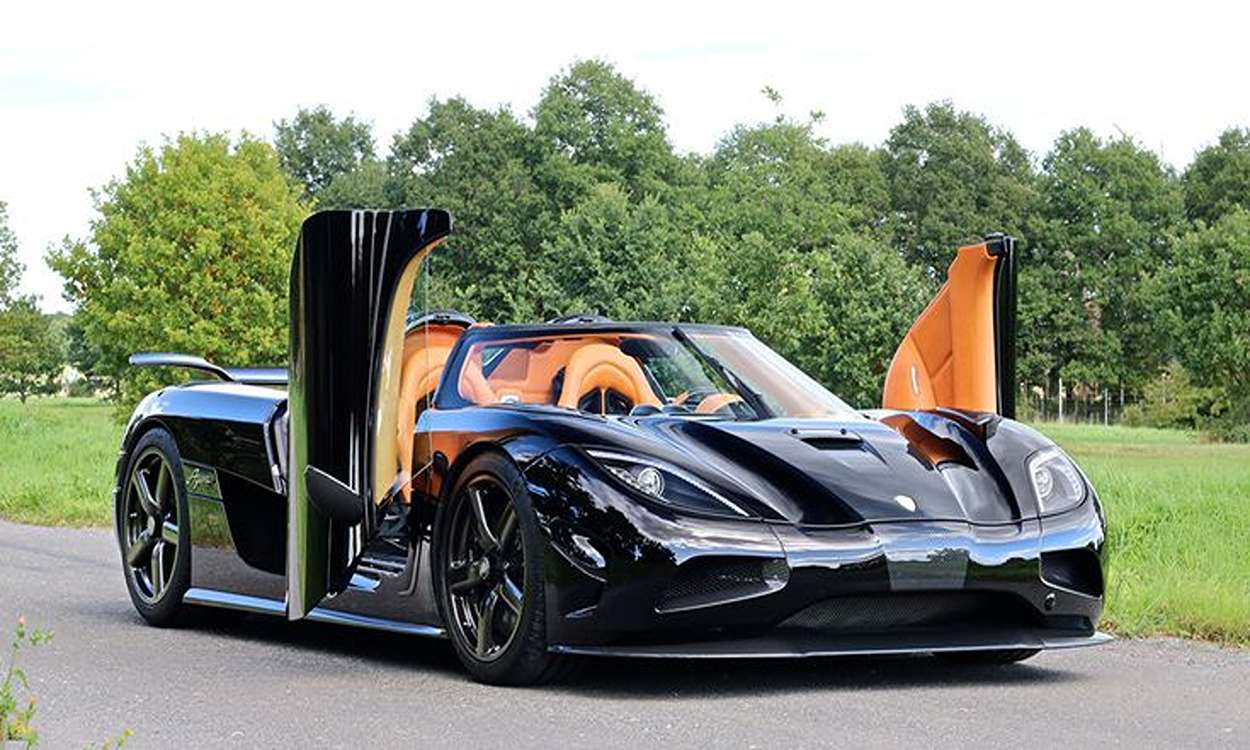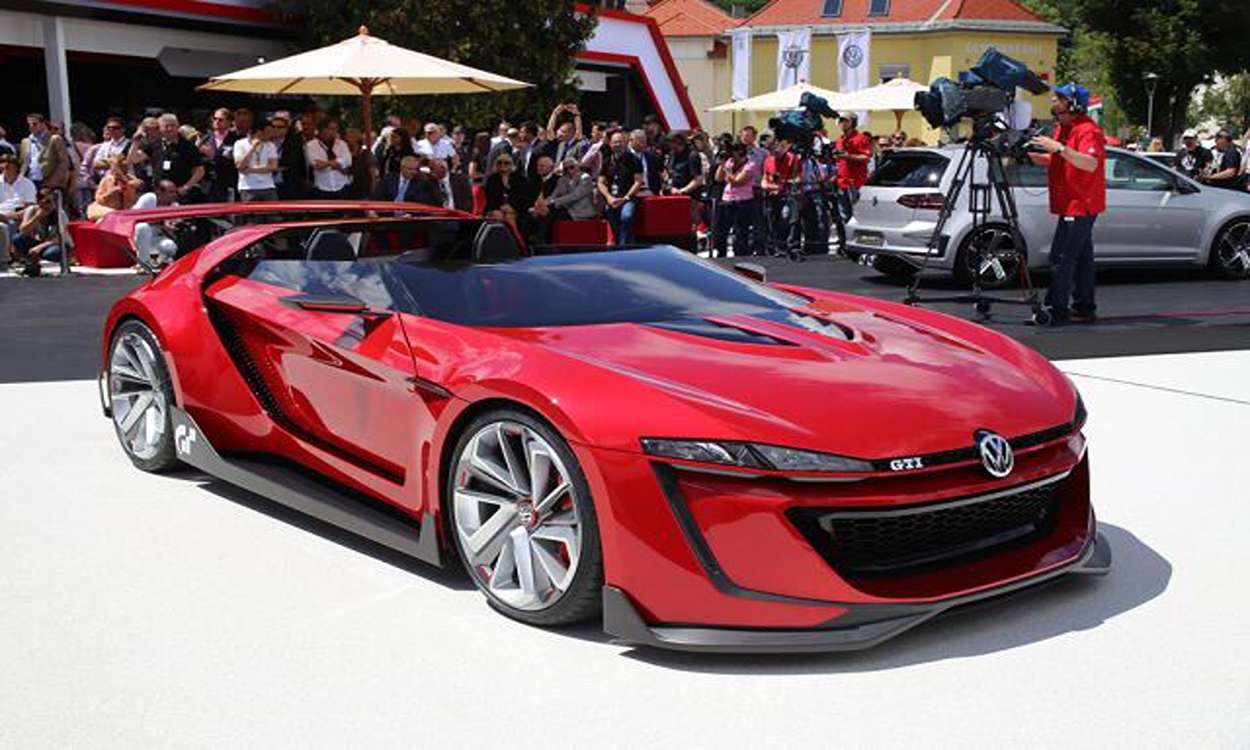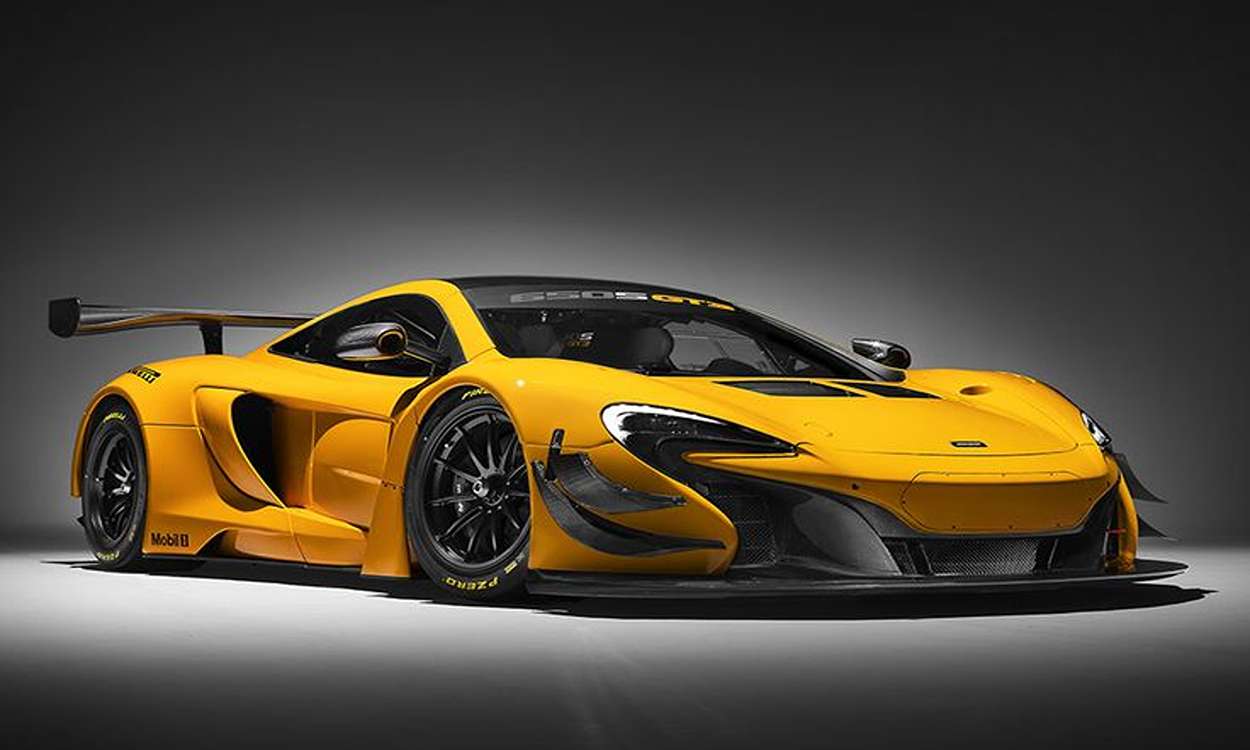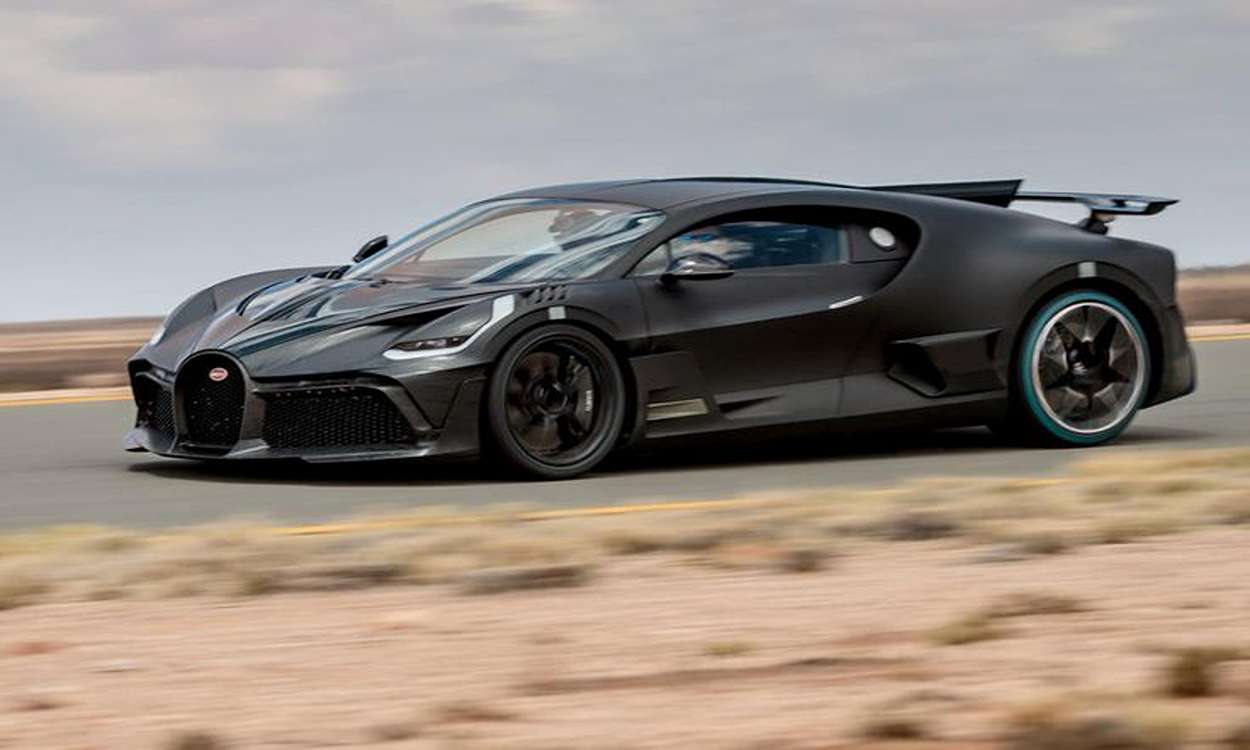
World of Vehicles A Comprehensive Guide to Understanding Modern Transportation
Transportation in the form of vehicles has revolutionized the way we live, work, and interact with the world
From bicycles to motorbikes, to cars and electric vehicles, transportation is at the core of global civilization. Technology continues to evolve, making vehicles smarter, more efficient, and eco-friendly World Vehicles.
This article delves into the history, types, advancements, and future of cars and offers a well-rounded view of this indispensable facet of modern life.
History of Transportation
World Vehicles Transportation spans back thousands of years when first the wheel was invented and, subsequently, the evolving nature of vehicles has been a constant reflection of societal progress made over time.
Key points in vehicle history
World Vehicles Creation of the Wheel (Approx. 3500 BC): This was the actual base for all vehicles-from carts and wagons, revolutionary in the way transport came about.
Industrial Revolution The 18th and 19th centuries saw steam-powered vehicles paving the road for modern automobiles.
First Cars
Karl Benz was given the patent for Benz Patent-Motorwagen in 1886, an invention that would give life to modern cars.
Mass Production
Henry Ford built the assembly line in 1913 and thus made automobiles affordable to the masses.
Electric Cars
The revival of the late 20th and early 21st centuries has been headed by some electric car companies such as Tesla.
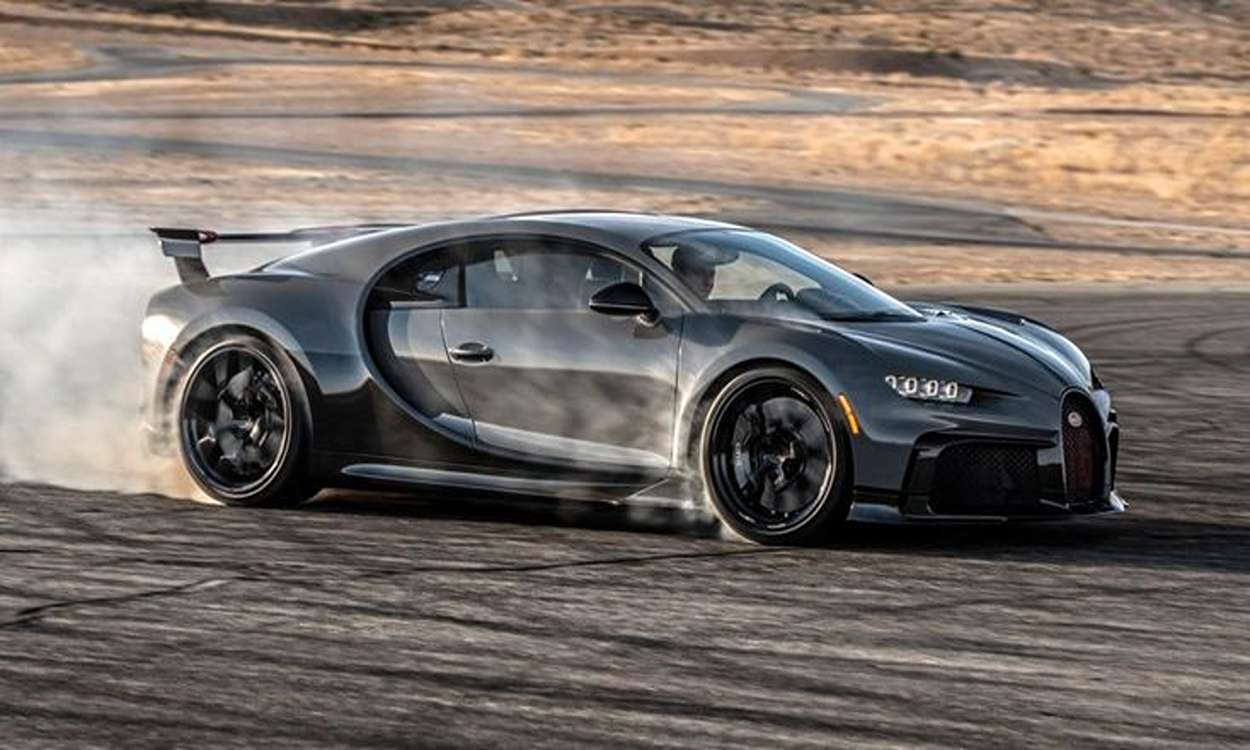
Types of Vehicles
World Vehicles have a plethora of applications-from personal transportation to heavy industrial work. Here’s a breakdown of common types.
Two-Wheelers
Bicycles The most environmentally friendly means of transportation, bicycles are popular for recreation, fitness, and commuting.
Motorbikes: Ideal for speed and agility, motorcycles cater to adventure enthusiasts and urban commuters alike.
Passenger Vehicles
Cars: These dominate personal transport, offering comfort, safety, and customization options.
SUVs and Crossovers Utility meets luxury, ideal for families and off-road enthusiasts.
Public Transport Vehicles
Buses and Trains: These are necessary for mass transport, reducing traffic congestion, and are more environmentally friendly than private cars.
Taxis and Ride-Sharing Cars: Services like Uber and Lyft have transformed urban mobility.
Commercial and Industrial Vehicles
Trucks: These are used to transport goods within cities and countries.
Construction Vehicles: Bulldozers, cranes, and excavators are essential in the development of infrastructure.
Electric and Hybrid Vehicles
Battery Electric Vehicles (BEVs): All-electric cars, such as the Tesla Model3
Plug-in Hybrids (PHEVs): They are basically a combination of electric and internal combustion engines, which gives great flexibility.
Innovations Vehicle Technology
World Vehicles automobile industry is witnessing unmatched innovation due to the calls for sustainability, safety, and connectivity.
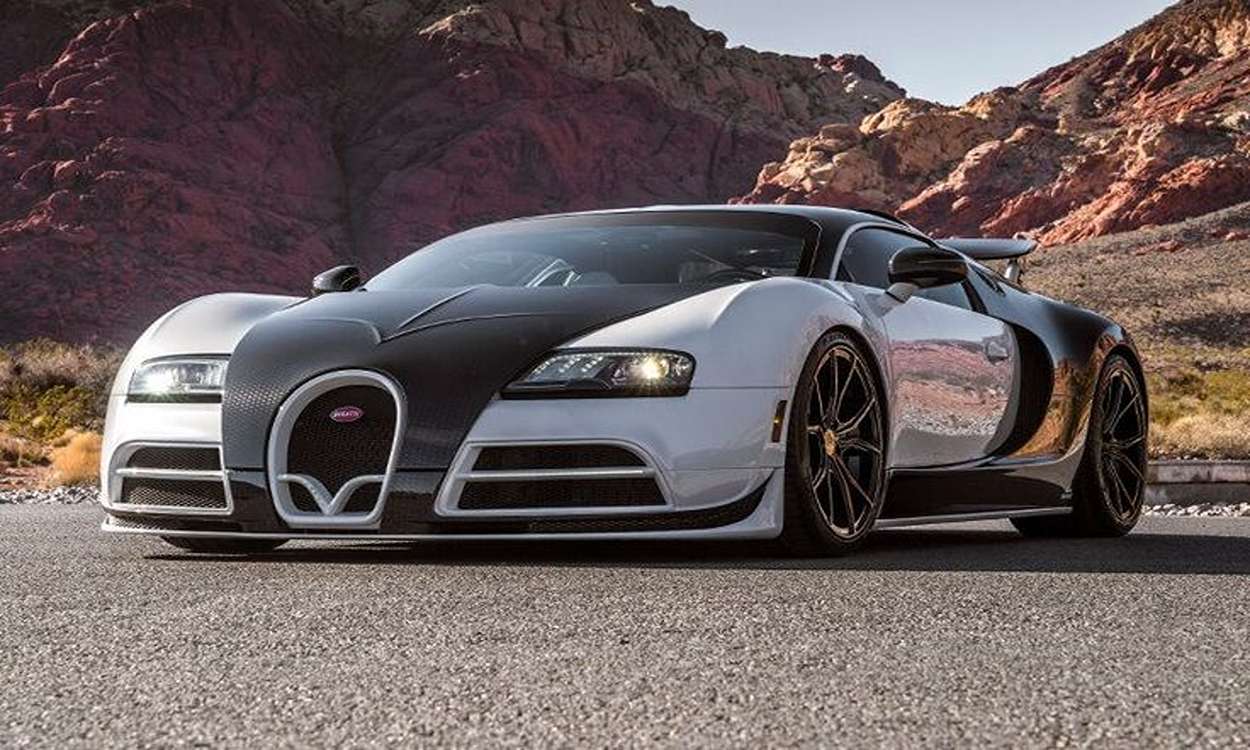
Electric Vehicles
World Vehicles Advancement in Batteries: Lithium-ion battery technology has improved to give cars longer ranges and rapid charging times.
Eco-Friendly Design EVs reduce greenhouse gas emissions and dependence on fossil fuels.
Popular EVs: Tesla Model S, Nissan Leaf, and Chevrolet Bolt.
Autonomous Driving
Vehicles like Tesla, Waymo, and Mercedes-Benz are pioneering self-driving technology.
Autonomous features include adaptive cruise control, lane-keeping, and traffic-aware navigation.
Connectivity and IoT
Modern vehicles are integrated with Internet of Things (IoT) technology.
Features like remote diagnostics, real-time traffic updates, and over-the-air software updates enhance the user experience.
Advanced Safety Features
Lane departure warnings, automatic emergency braking, and blind-spot monitoring decrease accidents.
AI and sensors ensure cars react quicker to threats than humans.
Renewable Energy Integration
Solar-powered cars are becoming real, with prototypes providing alternative ways of traveling.
Contribution of Vehicles to Societies
World Vehicles Cars have such a huge impact on how societies operate, affecting economics, urban planning, and even culture.
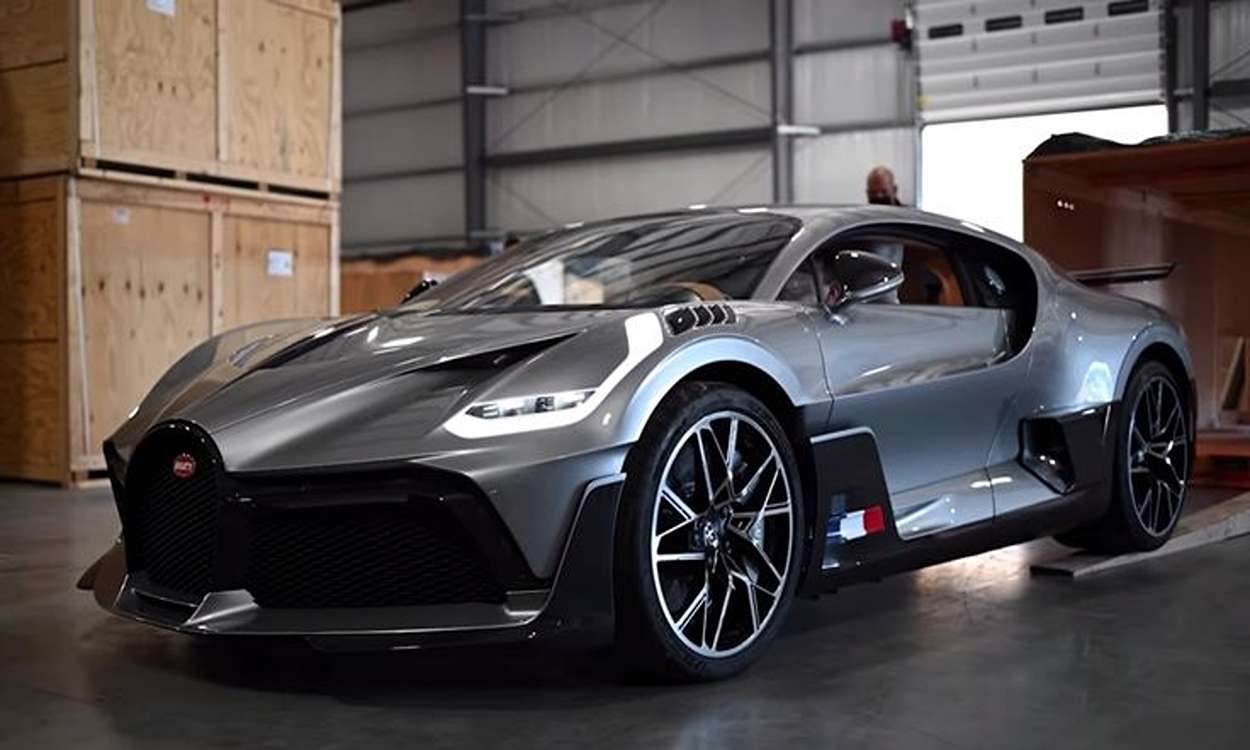
Economic Growth
The automotive industry is a huge contributor to the world’s GDP, employing millions of people.
Commercial vehicles enable trade, logistics, and supply chain activities.
Urban Planning
Cars influence the design of cities, from highways and bridges to parking facilities.
However, the excessive use of cars has created problems such as congestion and pollution.
Cultural Impact
Cars are often associated with freedom, status, and innovation.
Movies, music, and literature often feature cars as the main theme (e.g., the “Fast & Furious” franchise).
Environmental Issues and Green Vehicle
Mobility has been gained through cars but has also created several environmental issues.
Issues
Pollution
Combustion engines release such harmful substances as CO2 and NOx.
Traffic
Urbanization increases the use of roadways and produces more wastage
Electrical Car
Zero-emission car which is the new generation for the reduction of pollution levels
Ridesharing or public transport.
Sharing on the road, therefore reduces the number of automobiles.
Renewable Fuels Hydrogen and biofuels provide a cleaner alternative to gasoline.
Future of Vehicles
World Vehicles auto world is changing fast, and breakthrough trends are molding its future.
Full Autonomy
Fully autonomous vehicles, or Level 5, will change the transport paradigm by removing human error.
Shared Mobility
Services such as robotaxis and ride-sharing will decrease car ownership.
Smart Cities and Vehicles
Vehicles would blend in perfectly with smart cities and thus enhance the way the traffic flows and makes use of energy.
Advanced Materials
With lightweight materials such as carbon fiber and graphene, fuel consumption will be improved, plus their performance.
Electrification of Heavy Vehicles
World Vehicles Electric trucks and buses will further decarbonize transport sectors.
One picks the right vehicle through factors such as budget and environmental concerns, among many more.
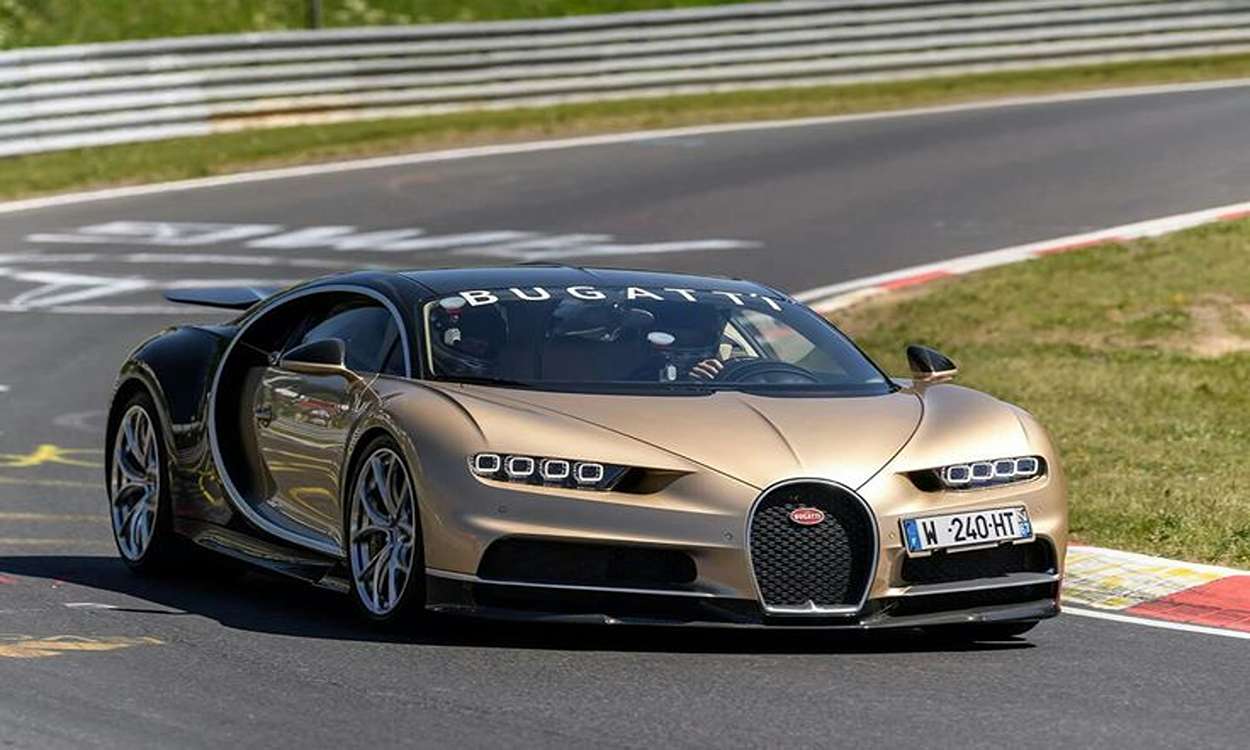
Factors
Fuel Economy
Hybrid or electric cars may save on fuel, as well as reduce carbon emissions.
Safety Equipment
Models with high-end safety features, such as collision warnings, will be in high demand
Space and Versatility
Families need space to move around; solo commuters may prefer compact cars.
Resale Worth: Brands like Toyota, Honda, and Tesla often retain well.
Best Vehicle Brands
Here’s a glance at some of the top vehicle manufacturers and their unique offerings:
Tesla: Leading the pack in EVs with technological advancement Toyota – Tesla – Bentley – tslark ,BMW , Rivian
Toyota Reliable and known for hybrid technology
Ford The pickup truck king and the F-150 Lightning electric vehicle
BMW Luxury and performance
Rivian New kid on the block, electric adventure vehicle
Conclusion
World Vehicles have come to symbolize more than just transportation; they represent progress and are the foundations of modern society. Technology-advancing times call for vehicles that are safer.
World Vehicles on classic cars, interested in electric vehicles, or awaiting autonomous technology, the entire world of vehicles has its place for all
World Vehicles innovation and sustainability, we now look forward to a day when transportation will meet humanity’s needs as well as those of the planet at large.
